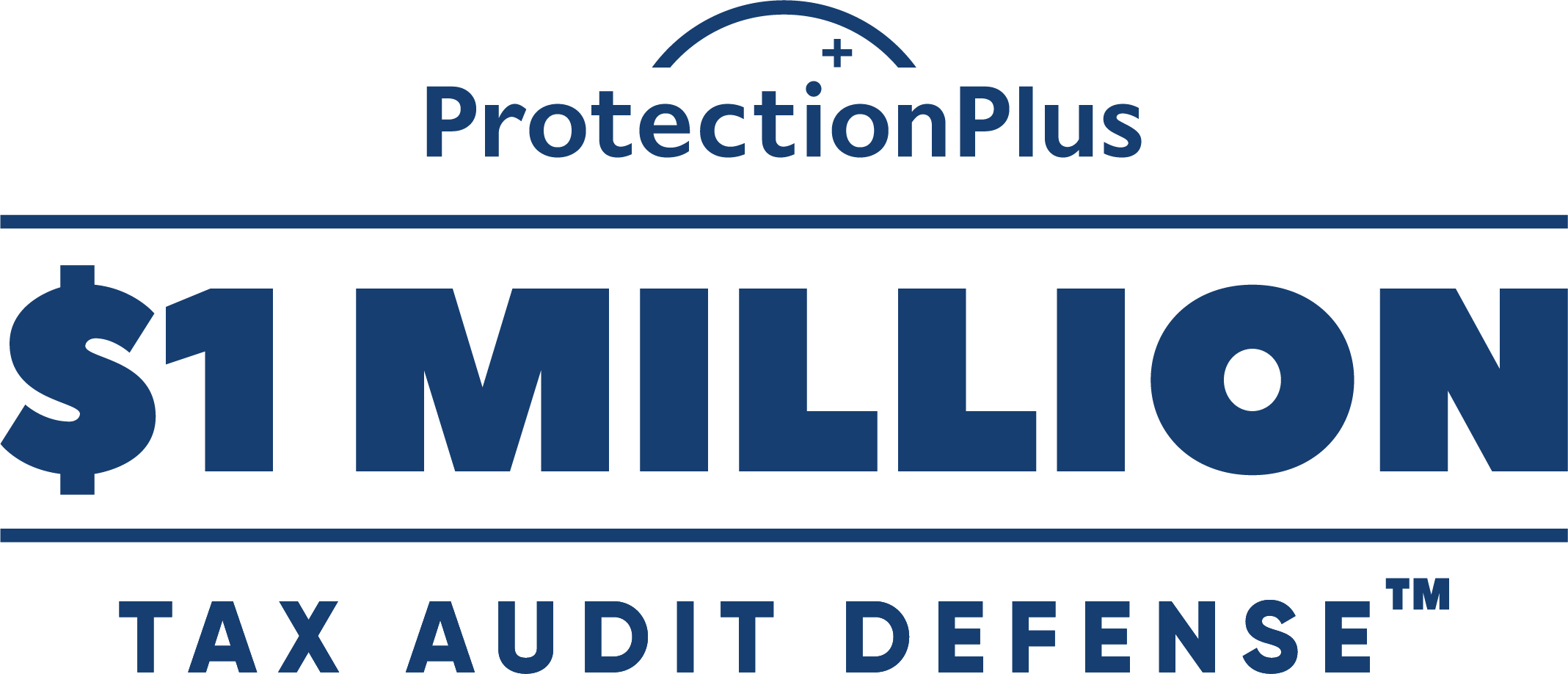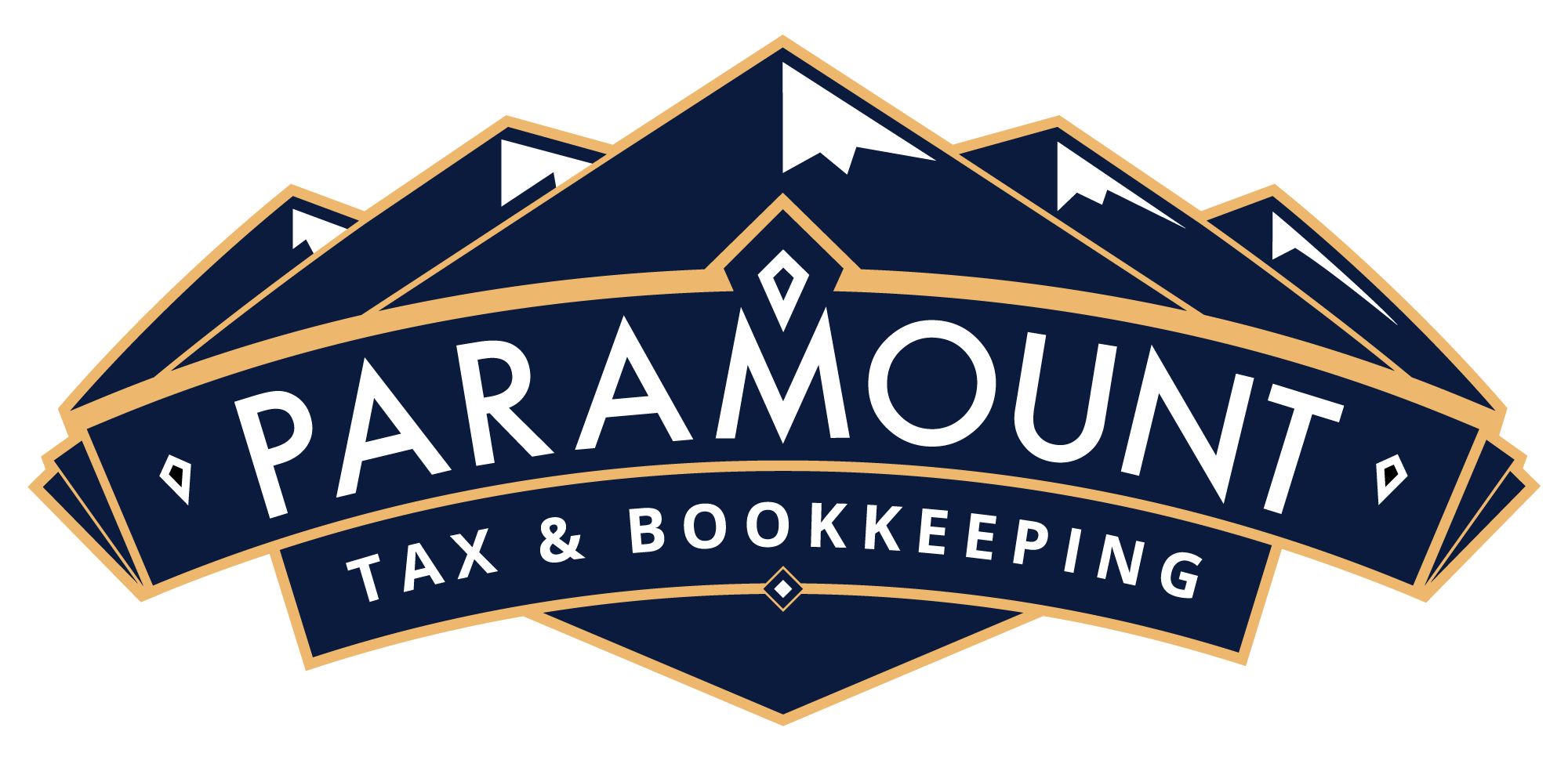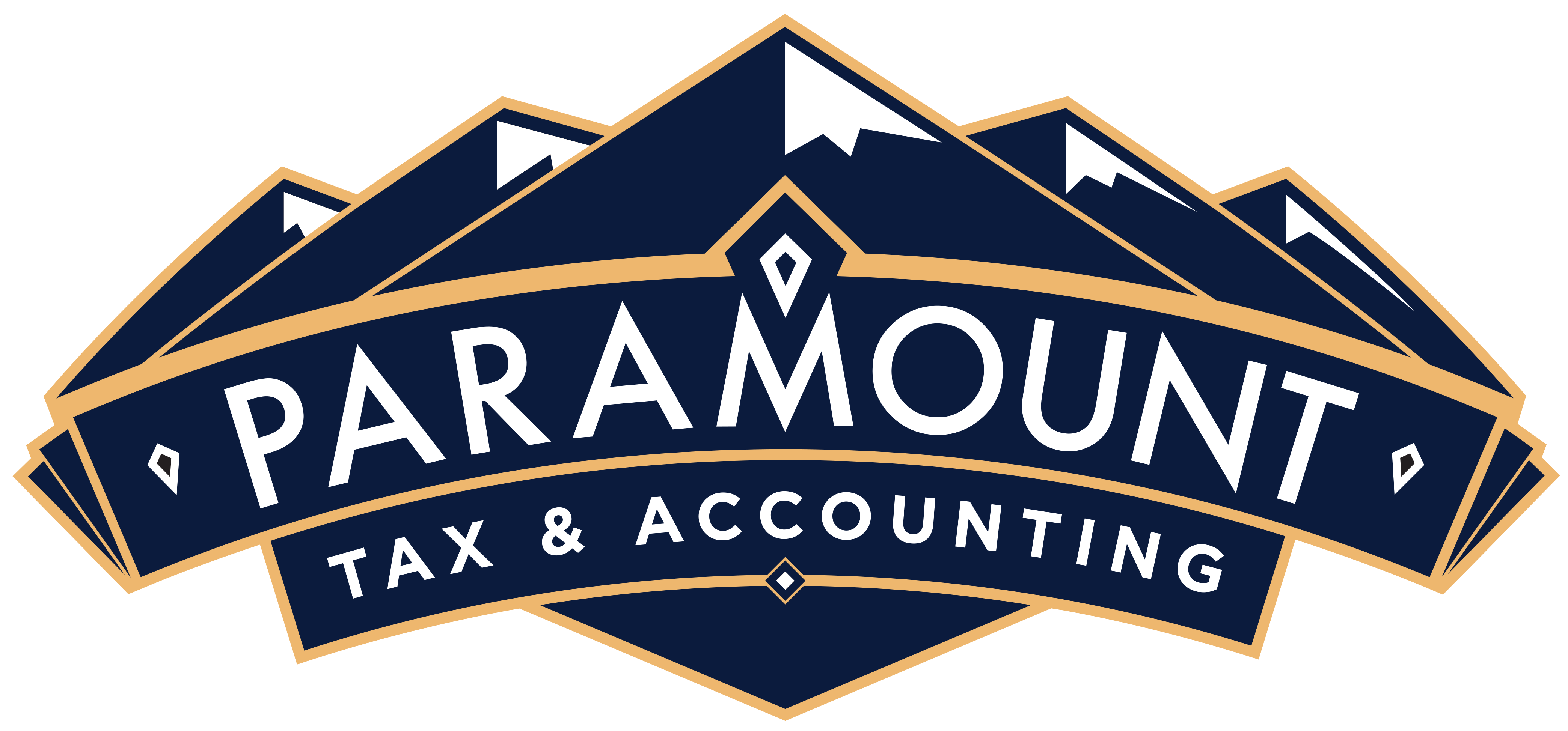
Protection Plus - $1,000,000 Tax Audit Defense
In the unlikely event you receive a tax notice, we have an entire audit defense department ready and available to help. We partner with Protection Plus $1 Million Tax Audit Defense so that we can work towards a favorable resolution in every situation our clients might face.





